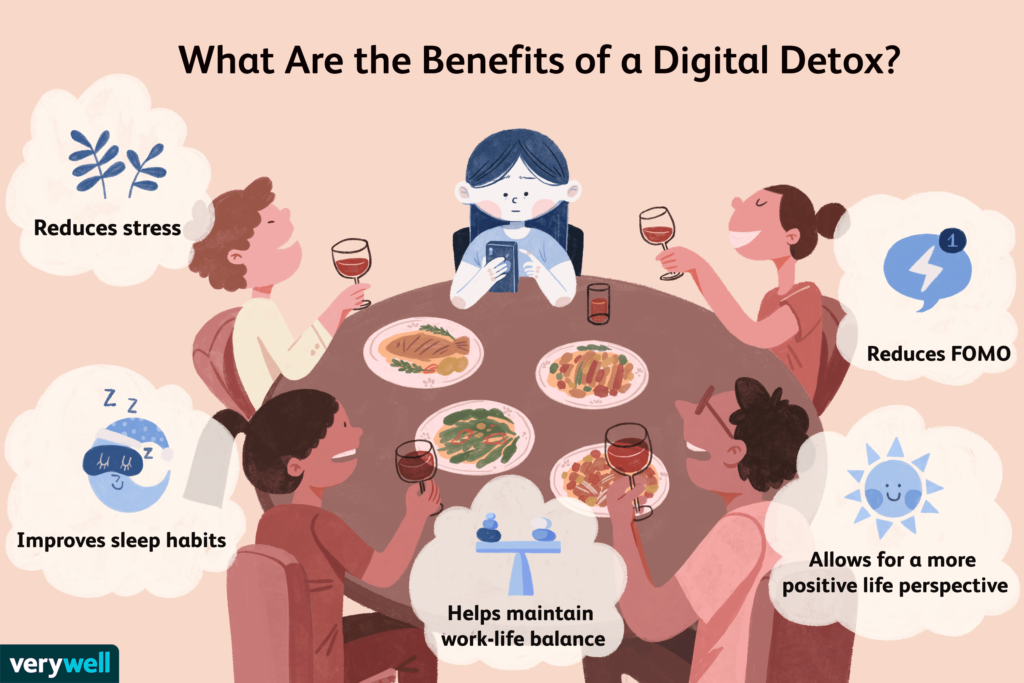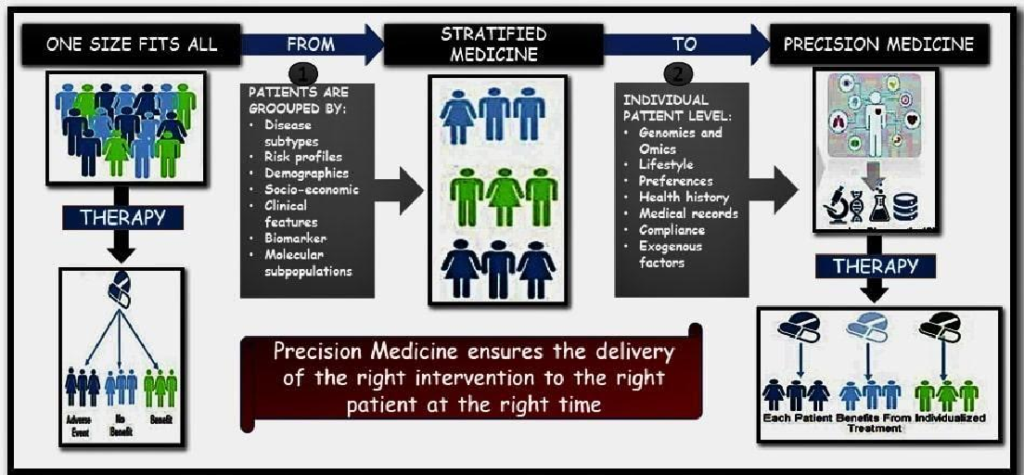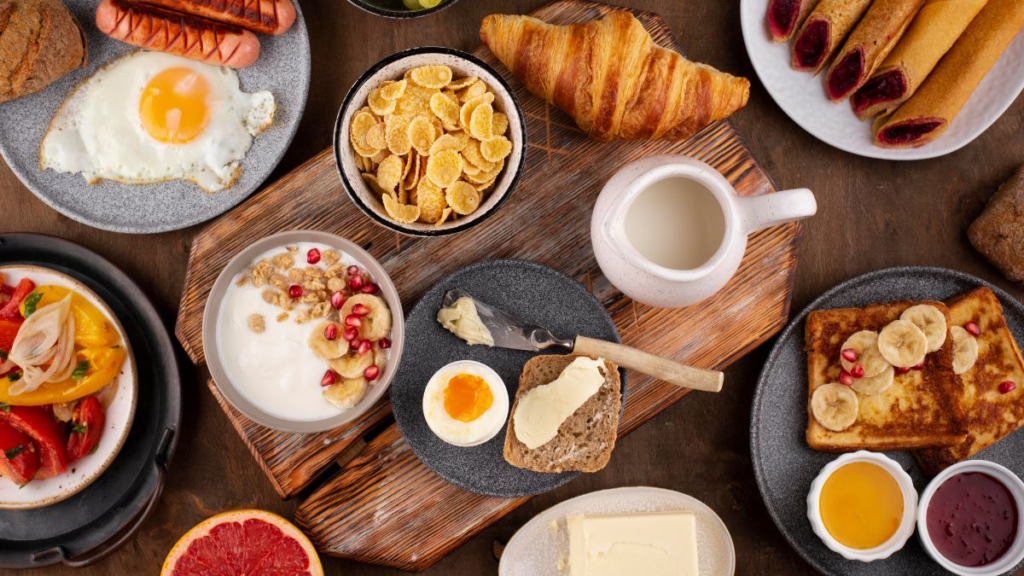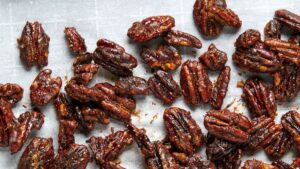Introduction:
In a world inundated with fad diets and weight loss trends, one particular piece of advice has been creating waves—skipping breakfast for weight loss, especially for those over 50. But is this strategy backed by experts, or is it just another myth? In this article, we’ll dive deep into the science, explore the benefits and drawbacks, and shed light on whether avoiding breakfast is the secret weapon for shedding those post-50 pounds.
The Breakfast Conundrum: Weight Loss After 50

As we age, our metabolism tends to slow down, making weight management a more challenging endeavor. Many experts propose that skipping breakfast could be a game-changer for those in their 50s and beyond. Let’s unravel the science behind this unconventional advice.
The Metabolism Myth: Breaking Down the Science

Contrary to popular belief, skipping breakfast does not necessarily boost metabolism. The idea that eating in the morning kickstarts your metabolism has been debunked by recent studies. In fact, some experts argue that intermittent fasting—skipping breakfast and delaying the first meal—might have more to do with caloric restriction than metabolic enhancement.
The Benefits of Breakfast Abstinence

While the science behind metabolism might not fully support the notion, there are potential benefits to avoiding breakfast for weight loss after 50. One primary advantage is the reduction in overall calorie intake throughout the day. By eliminating a meal, individuals may find it easier to stay within their daily caloric limits, fostering weight loss.
The Hormonal Influence: Insulin and Beyond

Beyond calorie control, some experts highlight the impact of breakfast on insulin sensitivity. Skipping the morning meal may help regulate blood sugar levels, potentially preventing insulin spikes and crashes. This hormonal stability could contribute to better weight management, especially for those grappling with insulin resistance in their 50s.
The Drawbacks of Breakfast Skipping

While the benefits are intriguing, it’s crucial to consider the potential drawbacks of skipping breakfast. Depriving the body of essential nutrients in the morning may lead to decreased energy levels, impaired cognitive function, and increased susceptibility to overeating later in the day.
The Importance of Nutrient Intake After 50

As individuals age, nutritional needs change. Skipping breakfast could mean missing out on crucial vitamins and minerals necessary for maintaining overall health. Experts emphasize the importance of a well-balanced diet, rich in nutrients, to support weight loss goals without compromising essential bodily functions.
The Role of Personalization: One Size Does Not Fit All

While some may thrive on intermittent fasting, it’s essential to recognize that every body is unique. What works for one person may not work for another. Experts emphasize the need for personalized approaches to weight loss after 50, considering factors such as individual metabolism, lifestyle, and underlying health conditions.
Practical Tips for Those Considering Breakfast Skipping

For individuals intrigued by the idea of skipping breakfast, incorporating this practice gradually and mindfully is key. Consulting with a healthcare professional or a nutritionist can provide personalized guidance, ensuring that nutritional needs are met while pursuing weight loss goals.
Debunking Common Myths: Breakfast, Weight Loss, and Aging

In the vast landscape of weight loss advice, myths often abound. Let’s debunk some common misconceptions surrounding breakfast, weight loss after 50, and aging.
Myth #1: Skipping Breakfast Leads to Muscle Loss
Contrary to popular belief, skipping breakfast does not inherently lead to muscle loss. A well-balanced diet and proper exercise regimen play more significant roles in preserving muscle mass, especially as the body ages.
Myth #2: Breakfast is the Most Important Meal of the Day
While breakfast is undoubtedly crucial for some, labeling it as the “most important” meal is an oversimplification. The overall quality of the diet and the distribution of nutrients throughout the day matter more than the timing of specific meals.
Myth #3: Breakfast Boosts Metabolism
The idea that breakfast kickstarts metabolism is a pervasive myth. Recent studies suggest that the impact of meal timing on metabolism is more complex than a simple morning boost, challenging the notion that skipping breakfast slows down metabolic functions.
Conclusion:
In conclusion, the idea of skipping breakfast for weight loss after 50 is a nuanced topic. While some potential benefits exist, it’s crucial to weigh them against the drawbacks and consider individual factors. Before making any dietary changes, consulting with healthcare professionals or nutritionists is essential to ensure a balanced and personalized approach.
FAQs:
Q1: Is it safe to skip breakfast every day for weight loss after 50? A1: While intermittent fasting or skipping breakfast can be safe for many individuals, it’s crucial to consult with healthcare professionals to ensure it aligns with individual health needs.
Q2: Can skipping breakfast negatively impact energy levels? A2: Skipping breakfast may lead to lower energy levels for some individuals. Balancing nutrient intake throughout the day is essential to prevent fatigue.
Q3: Are there specific foods recommended for those skipping breakfast? A3: A well-balanced diet remains crucial, even if breakfast is skipped. Including nutrient-dense foods in later meals can help meet daily nutritional requirements.
Q4: Can intermittent fasting be harmful for individuals with certain health conditions? A4: Intermittent fasting may not be suitable for everyone, especially those with underlying health conditions. Consulting with healthcare professionals is advised.
Q5: Is it possible to lose weight after 50 without skipping breakfast? A5: Yes, many individuals achieve successful weight loss after 50 without skipping breakfast by adopting a balanced and personalized approach to diet and exercise.



